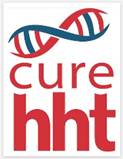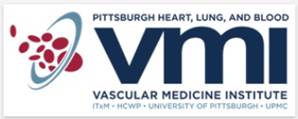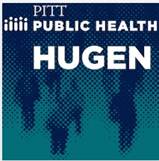The Roles of Arteries, Veins, and Capillaries
Arteries
- Carry oxygenated blood away from the heart
- Are strong enough to handle the high speed of blood flow as it exits the heart
Veins
- Carry deoxygenated blood back to the heart
- Are not strong enough to handle high-speed blood flow
Capillaries
- Highly branched, very thin blood vessels that allow efficient delivery of oxygen to all cells in the body
- Greatly slow the speed of blood flow, thus protecting the veins
HHT Complications
In people with HHT, some arteries may connect directly to veins instead of flowing through capillaries, thus forming telangiectasias or arteriovenous malformations.
Telangiectasias are malformations of small blood vessels in the skin, nose, stomach and intestines.
Arteriovenous malformations (AVMs) are abnormal connections in larger arteries or veins in the brain, spinal cord, lung and liver.
Complications of HHT result from the abnormal connection of the arteries and veins and include:
- Bleeding: The fragile veins can rupture spontaneously or with minor trauma and cause bleeding, most often in the nose, intestines, and brain.
- Anemia: Some people lose enough blood to require iron replacement or transfusions.
- Poor oxygenation: Oxygen enters the bloodstream through capillaries in the lung. If there are vascular malformations in the lung that bypass the capliiaries, unoxygenated blood will pass through the lung without getting oxygen. This can result in low oxygen levels in the blood and cause shortness of breath.
- Stroke and brain infections: The capillaries of the lung functions as filters removing small blood clots and bacteria that may be present in the veins. If there are AVMs in the lung that bypass the capillaries, those small blood clots and bacteria are not removed and can travel to the brain causing stokes (called embolic strokes) or infections (called brain abscesses).
» Learn more about HHT symptoms.
Genetic Properties of HHT
People with HHT inherit it in an autosomal dominant fashion. This means you get one “normal” gene copy from one parent and one mutated gene copy from the other parent. The abnormal, or mutated, gene creates a protein that is unable to perform its intended function in the cell and leads to abnormal blood vessel development.
Most often, people with HHT have a mutation either in one of three genes:
- Endoglin (ENG), which causes HHT1.
- Activin receptor type II-like kinase 1 (ACVRL1), which causes HHT2.
- SMAD4, which causes a combined syndrome of juvenile polyposis (multiple polyps in the intestine) and HHT.
The mutated gene copy encodes a protein that is unable to perform its intended function in the cell.
It's rare — but not impossible — to develop HHT even if one of your parents does not have the disease.
» Find out how our doctors diagnose HHT.
» See treatments we offer at the HHT Center.


















